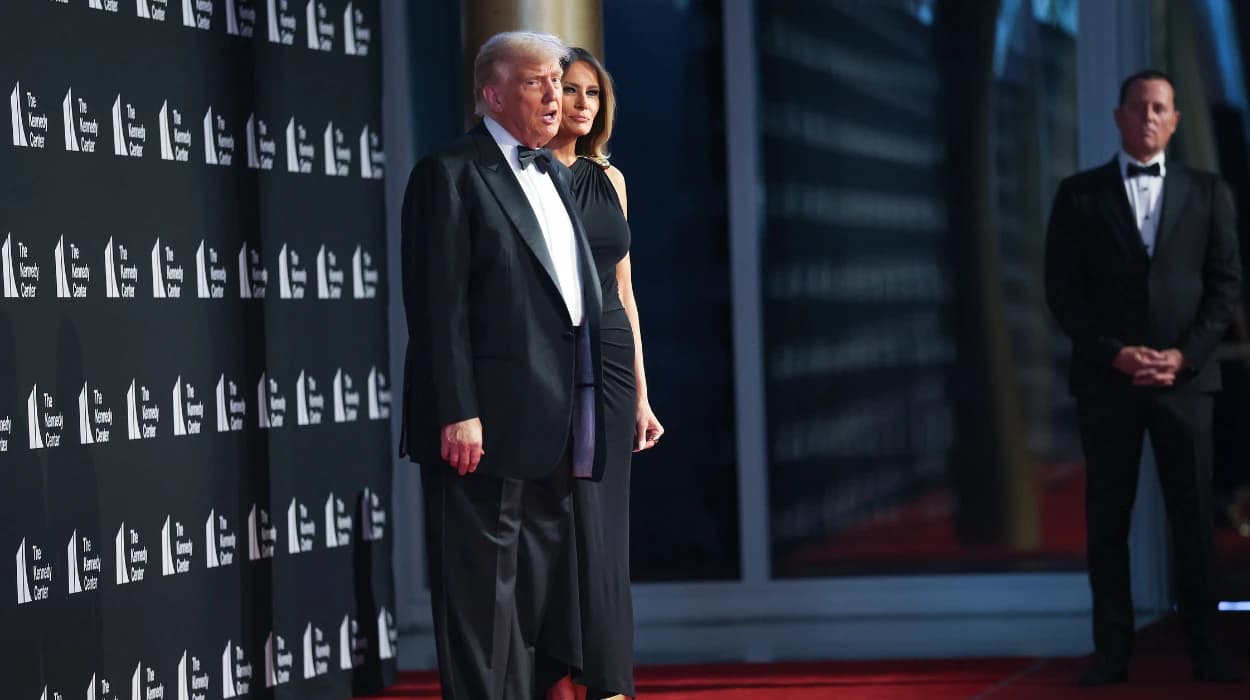Summary
- House Republicans and the Trump administration jointly supported renaming the Kennedy Center opera house after Melania Trump.
- The decision was made by a key congressional panel on July 22, 2025.
- The proposal is seen as honoring the First Lady’s cultural contributions and legacy.
- The move has generated political debate and mixed responses from lawmakers and cultural leaders.
- Final approval still requires full congressional and possibly executive sign-off.
The change was criticized by Rep. Chellie Pingree, a Democrat from Maine, who claimed it gave Trump the authority to manage the Kennedy Center "with very little oversight" from Congress.
"This designation is an excellent way to recognize her support and commitment to promoting the arts," said Rep. Mike Simpson, R-Idaho, who shepherded the Appropriations Committee's spending bill that funds John F. Kennedy Center for the Performing Arts.
"The Republicans snuck in, I think, something that is slightly divisive, which is renaming one section of the Kennedy Center after a family member of this administration,”
Pingree said.
The name change was approved by the committee by a vote of 33–25 as part of a broader modification. The Appropriations Committee's plan, which would be included in the budget bill for the environment, the interior, and other agencies, would still need to be approved by the Senate and the entire House.
However, Republicans, who control both houses of Congress, supported the action. The "First Lady Melania Trump Opera House" would be the name of the theater if the bill is signed into law.
By 2029, lawmakers have already committed to spending $256.7 million on Kennedy Center renovations as part of President Donald Trump's legislative agenda. The usual yearly funding of $37.2 million for the center for the year beginning October 1 was up for vote by the House panel.
"The Republicans have now given the president six times the normal amount of money to run the Kennedy Center, carte blanche over who will be on the board, and how different parts of the Kennedy Center − or perhaps the whole Kennedy Center itself− will be named,"
Pingree said.
After taking office, Trump appointed himself chairman of the Kennedy Center and fired a large portion of its board. After one theater engagement was canceled, he called out drag shows and declared that he
"never liked 'Hamilton' very much."
"We'll make it great again,"
Trump said during a tour in March.
"I'm very disappointed when I look around. The bottom line: It has tremendous potential."
What is the significance of the Kennedy Center opera house in U.S. cultural history?
Established by President Eisenhower’s 1958 National Cultural Center Act and dedicated as a living memorial to President John F. Kennedy in 1964, the Kennedy Center embodies America’s dedication to promoting artistic excellence, diversity, and education in the performing arts.
It is the official residence for the National Symphony Orchestra and the Washington National Opera, hosting countless high-profile performances in opera, ballet, theater, dance, and music, making it a central hub for America’s classical and contemporary performing arts.
The Opera House opened in 1971, with its inaugural performance of Leonard Bernstein’s Mass, and quickly became a prestigious venue known for its architectural grandeur (including a massive crystal chandelier) and world-class acoustics.

